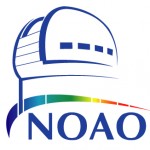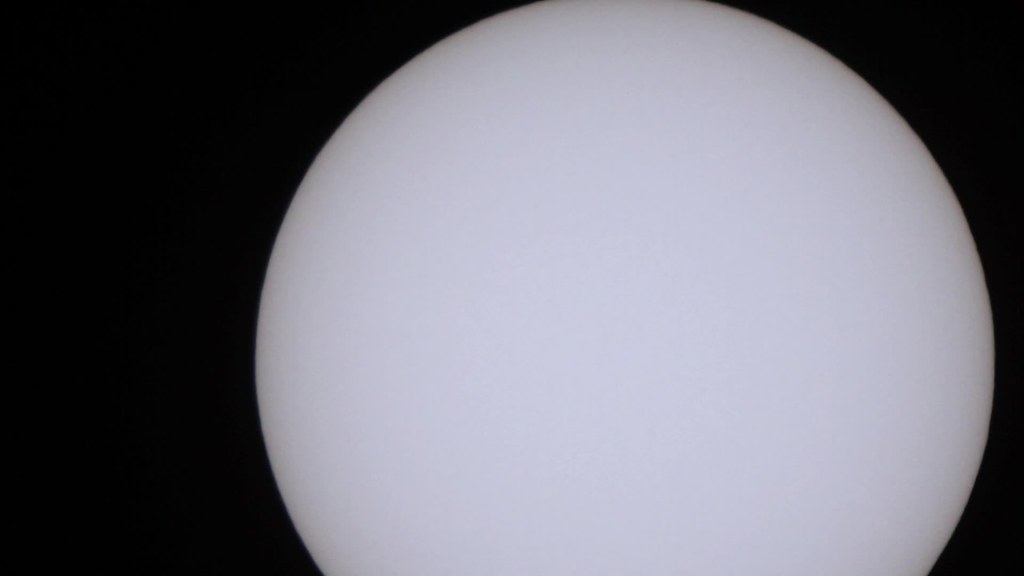Podcaster: Rob Sparks
Title: Photographing ISS Transits
Organization: NOAO
Links: www.noao.edu ; @NOAONorth; http://www.gemini.edu/; https://www.facebook.com/GeminiObservatory; https://www.nasa.gov/connect/social/index.html; @halfastro; https://twitter.com/NASASocial/lists/spacex-crs-16-nasasocial; https://www.flickr.com/photos/halfastro/
https://apod.nasa.gov/apod/ap190402.html
Description: The International Space Station can easily be seen with the naked eye when it passes overhead. Occasionally the ISS will pass directly in front of the Moon or Sun presenting an interesting photographic opportunity. In this podcast, Rob Sparks describes how he has successfully photographed the ISS transiting the Sun and Moon with a DSLR and a zoom lens and describes techniques you can use to capture this distinctive image.
Bio: Rob Sparks is a Science Education Specialist at the National Optical Astronomy Observatory. A lifelong astronomy enthusiast, he earned a B.A. in physics at Grinnell College and his M.S. at Michigan State University. He taught high school physics, math and astronomy for 11 years at schools on St. Croix, Florida and Wisconsin. He spent the 2001-2002 school year working on the Sloan Digital Sky Survey as a recipient of the Fermilab Teacher Fellowship. He spent the summer of 2003 at the National Radio Astronomy Observatory as part of the Research Experience for Teachers. He has been working as a NASA Astrophysics Ambassador since 2002. He was a member of the Galileoscope Working Group for the International Year of Astronomy.
End of podcast:
365 Days of Astronomy
=====================
The 365 Days of Astronomy Podcast is produced by Planetary Science Institute. Audio post-production by Richard Drumm. Bandwidth donated by libsyn.com and wizzard media. You may reproduce and distribute this audio for non-commercial purposes. Please consider supporting the podcast with a few dollars (or Euros!). Visit us on the web at 365DaysOfAstronomy.org or email us at info@365DaysOfAstronomy.org. This year we will celebrates the Year of Everyday Astronomers as we embrace Amateur Astronomer contributions and the importance of citizen science. Join us and share your story. Until tomorrow! Goodbye!




